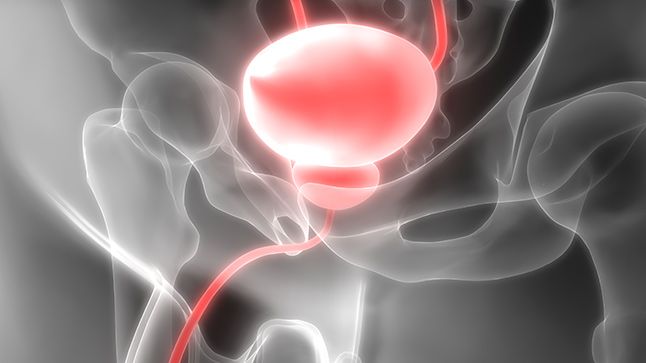Matthew Burke on Immune-Mediated Adverse Events
Matthew Burke, MBA, RN, MSN, APRN-BC, Oncology Nurse Practitioner/Melanoma and Renal Cell Carcinoma, Yale New Haven Hospital, discusses managing immune-mediated adverse events (IMAEs)
Matthew Burke, MBA, RN, MSN, APRN-BC, Oncology Nurse Practitioner/Melanoma and Renal Cell Carcinoma, Yale New Haven Hospital, discusses managing immune-mediated adverse events (IMAEs).
Burke says there are not great guidelines for managing IMAEs. The most common IMAEs are colitis, dermatitis, endocrinopathies and hepatotoxicity. Burke says the key to managing these side effects is early intervention, close monitoring and supportive treatment or steroids when necessary.
Using steroids to treat these side effects are "more of an art than science," Burke says. In some cases, steroids will not work, especially in autoimmune colitis or autoimmune hepatitis. In this instance, nurses can use adjunct therapies such as infliximab or mycophenolate, Burke says.
Burke says it is important for nurses to know and understand the principles behind IMAEs.
<<<
UGN-102 Produces Comparable Responses Regardless of Surgery in NMIBC Subset
May 8th 2024Patients with newly diagnosed and recurrent low-grade intermediate-risk non-muscle-invasive bladder cancer treated with UGN-102 displayed meaningful and similar responses and disease-free survival regardless of whether they underwent surgery.
Verification Nurse Provides ‘Significant Contribution to Patient Safety’ During Chemo Administration
May 1st 2024The role of a verification nurse can lead to several benefits, including the prevention of errors from reaching the patient, decreased workload, and potential cost savings from less drug waste.



